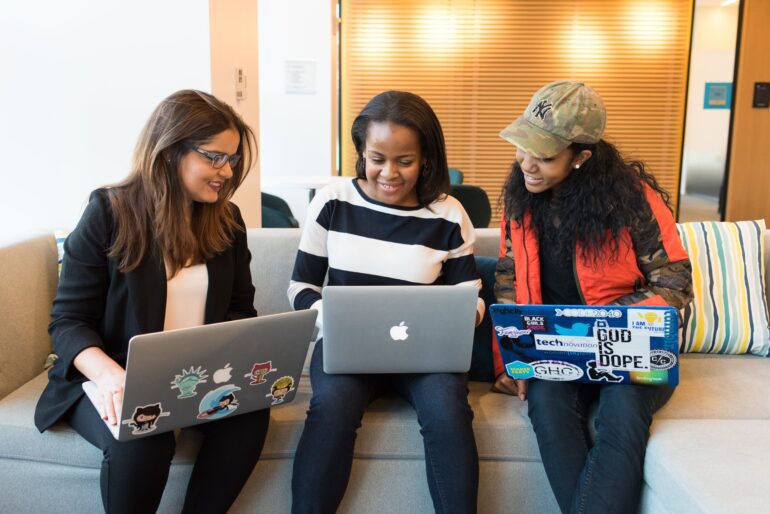In the heart of South Africa’s dynamic education landscape, a revolution is brewing, one driven by the transformative power of Artificial Intelligence (AI). As this technology continues to permeate various aspects of society, its impact on education is becoming increasingly profound, offering a glimpse into a future where personalised learning and enhanced accessibility are not just aspirations but attainable realities.
The COVID-19 pandemic served as an unexpected catalyst for AI adoption in education, as institutions worldwide scrambled to adapt to remote learning models. Intelligent tutoring systems and automated grading tools emerged as lifelines, enabling educators to assess students effectively despite physical distancing measures.
In South Africa, where resource constraints often hinder educational progress, AI presents a beacon of hope. By harnessing the power of AI, institutions can alleviate these challenges, providing students with access to quality education regardless of their geographical location or socioeconomic background.
However, as with any transformative technology, AI integration in education must be approached with caution and responsibility. Striking a delicate balance between maximising AI’s potential benefits and safeguarding academic integrity is paramount.
“AI, including ChatGPT, while immensely capable, can occasionally produce inaccurate responses,” cautions Dr. Jolanda Morkel, Head of Instructional Design at STADIO. “It is therefore imperative for students and educators to continually validate AI-generated content.”
STADIO, at the forefront of AI adoption in education, is harnessing this technology to revolutionise the learning experience. Their focus is threefold: improving learning outcomes, enhancing accessibility, and equipping students with the skills required to thrive in the modern workplace.
One significant stride in AI’s impact on education is the development of interactive versions of ChatGPT, incorporating audio and video elements. This innovation opens up new avenues for personalised learning, allowing students to engage with the material in ways that cater to their individual learning styles.
Dr. Morkel emphasises the importance of extending AI’s reach beyond the classroom. She encourages tertiary institutions to explore AI’s potential to streamline administrative processes, optimise admissions and grading procedures, and provide invaluable support to students.
Despite the immense promise of AI, responsible integration is critical to maintaining academic integrity. Dr. Morkel highlights the need for a comprehensive change management process, as many are still hesitant to embrace AI in teaching practices. Furthermore, data privacy concerns must be addressed through robust policies and measures to protect students’ sensitive information.
To effectively integrate AI, tertiary institutions must establish clear goals, provide extensive training, and implement skills development programs for both lecturers and management teams. Dr. Morkel firmly believes that responsible AI adoption is the linchpin for shaping the future of education.
“Graduates equipped to navigate the world as cyborgs – or humans augmented with AI – will be optimally positioned to excel in the evolving workplace,” she concludes.


